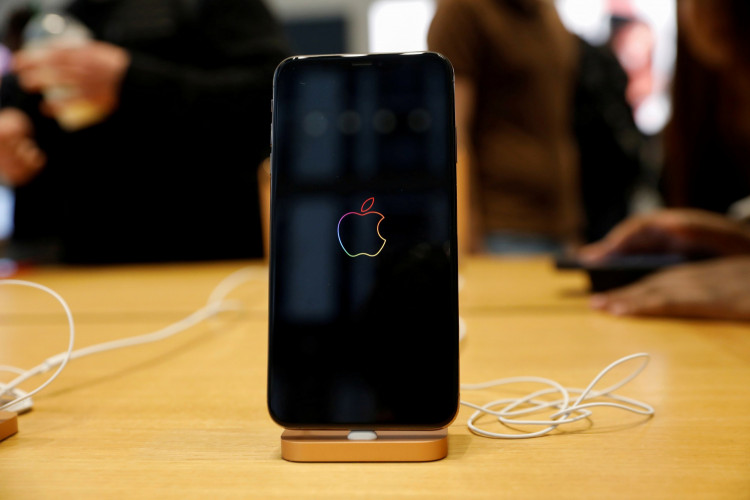For a long time, the Cupertino company has been accused of being too exclusive when it comes to its iOS environment. And, it looks like Apple is now finding ways to make its iPhones become more like Android smartphones. A new App Store review guidelines seemingly hint that Apple is opening the gate to push notification spam with an upcoming update.
Updated App Store Review Guidelines
Apple recently updated its review guidelines for the App Store, as reported by Macrumors. The Mar. 4 update reveals that the Cupertino company has changed its tune when it comes to push notifications. It looks like iOS apps can now use Push Notifications for direct marketing or promotions, a thing which was recently restricted in iOS.
Push notifications are actually not bad at all, as they could keep the device owner updated on a lot of things. It includes weather, emails, messages, and even traffic alerts. But, push notifications could also become too annoying whenever the app chooses to exploit and flood the user with notifications.
Android users have push notification ads for years. But, the recent App Store review guidelines also comes with some good news. It states that "Push Notifications must not be required for the app to function, and should not be used to send sensitive personal or confidential information."
It adds that "Push Notifications should not be used for promotions or direct marketing purposes unless customers have explicitly opted in to receive them via consent language displayed in your app's UI, and you provide a method in your app for a user to opt out from receiving such messages."
What Does It Mean?
It means that users would not receive ads in the push notifications unless they give consent to them. In case the users consent it, they could still stop these notifications from popping up. Apple seemingly attempts to limit the effect of this upcoming change, but the point is, it is still making the change. This could only mean an increase in the number of ads users receives through notifications.
Over the years, electronic devices and smartphones have become the constant pit of privacy issues and concerns and it looks like ads are among these. While companies still need ads for revenue, the fishy strategies used by these advertisers and third parties hint that some would still ensure that they could send the ads to users whether or not they want them. Of course, Apple could punish them, but it is a short term solution that most advertisers always manage to get out.






